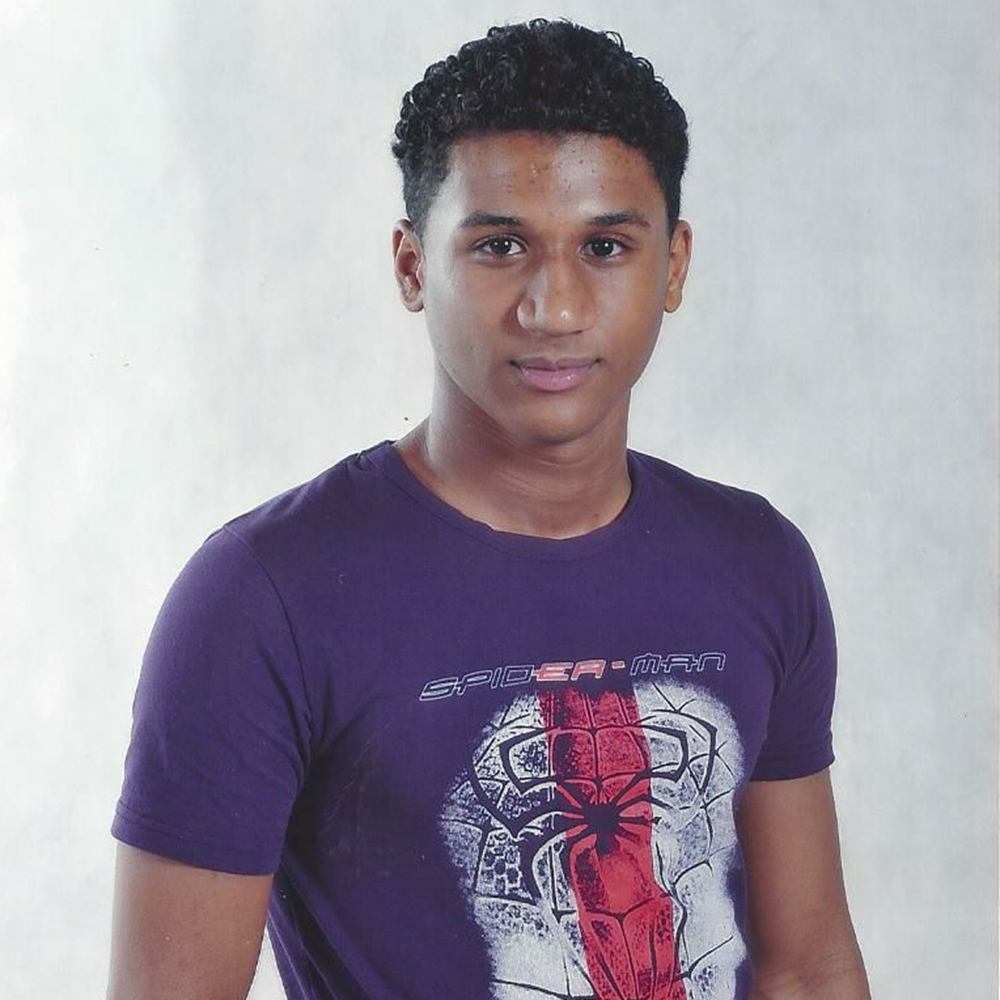In a statement this morning, Saudi Arabia’s Ministry of the Interior announced that Mustafa Hashem al-Darwish has been executed. His family received no advance notice, and found out Mustafa had been executed by reading the news online.
Mustafa was arrested in May 2015, and charged with offences related to his participation in protests, many of which occurred when he was 17 years old. He was placed in solitary confinement and beaten so badly that he lost consciousness several times. To make the torture stop, he confessed to the charges against him.

At his trial, Mustafa told the court that he had been tortured and recanted his confession. The court was also aware that Mustafa was a child at the time of many of the alleged offences. Despite these clear violations of domestic and international law, he was sentenced to death.
In the last five years, Saudi Arabian authorities have repeatedly stated that they have abolished the death penalty for children.
- In September 2016, Saudi Arabia’s delegation to the UN Committee on the Rights of the Child stated that “there is no application of the death penalty on children.”
- In August 2018, promoting the Juvenile Law, the Kingdom’s delegation told the UN: “if the crime committed by the juvenile is punishable by death, the sentence shall be reduced to a term of not more than ten years detention”.
- On April 23, 2019, six young men sentenced to death for childhood crimes were among those killed in a mass execution of 37 people.
- In April 2020, the Saudi Human Rights Commission (SHRC) announced a Royal Decree extending the Juvenile Law and later insisted that “no-one in Saudi Arabia will be executed for a crime committed as a minor.”
- In February 2021, the Saudi authorities told the UN Human Rights Council that “anyone who commits a death-eligible crime as a child” will be subject to “a maximum sentence of ten years in a juvenile institution”.
The execution of Mustafa al-Darwish once again shows that the Kingdom’s claim to have eliminated capital punishment for childhood crimes is not true.
Mustafa’s family has released the following statement: “Six years ago, Mustafa was arrested with two of his friends in the streets of Tarout. The police released him without charge but confiscated his phone. We later found out that there was a photograph on the phone that offended them.
Later they called us and told Mustafa to come and collect his phone, but instead of giving it back they detained him and our suffering began. How can they execute a boy because of a photograph on his phone? Since his arrest, we have known nothing but pain. It is a living death for the whole family.”
Reprieve Director Maya Foa commented: “It is not enough for Saudi Arabia’s partners to ‘raise human rights issues,’ as British Foreign Secretary Dominic Raab reportedly did on his recent visit to the Kingdom. They need to raise specific cases, and make clear that executions for childhood crimes will not be tolerated. Otherwise Abdullah al-Howaiti, arrested aged 14 and sentenced to death at 17, could be next.”
Ali al-Dubaisy, Director of the European Saudi Organisation for Human Rights, commented: “Once again the Saudi authorities have shown that their claims to abolished the death penalty for children are worthless. The cruelty of this execution, without warning, for the crime of joining protests as a teenager, is the true face of Mohammed Bin Salman’s Saudi Arabia – not the endless empty promises of reform.”